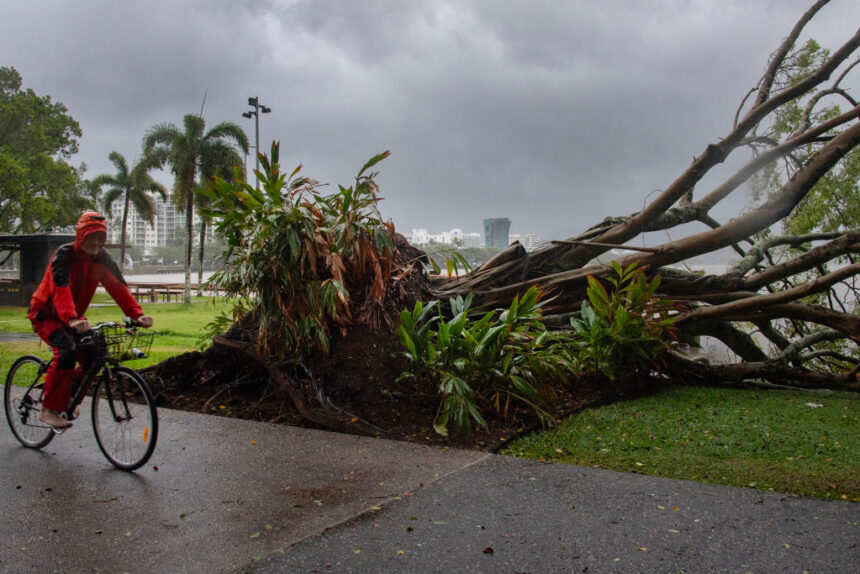The Cyclone Jasper, which struck Queensland last December, had the most significant impact on individual customers with an average claim of $36,000. Insurers have paid an average of $2.1 billion annually over the past three decades to customers affected by extreme weather events, highlighting the economic impact of climate change.
According to the Insurance Council of Australia’s (ICA) Insurance Catastrophe Resilience Report 2023-24, insured losses from declared insurance catastrophes have increased from 0.2 percent of GDP from 1995 to 2000 to 0.7 percent in the last five years. The report also revealed that insurers faced $2.19 billion in claims from extreme weather events last year, with 157,000 claims filed, representing a significant increase from the previous period.
Floods are identified as Australia’s most costly natural peril, with around 1.2 million properties at risk of flooding. Andrew Hall, the CEO of ICA, highlighted that premiums are rising due to the high flood risk, leading to a growing protection gap.
A study by the University of New South Wales reported that 2023 witnessed various severe weather abnormalities in Australia, including Cyclone Jasper, the South Australian heatwave, winter heat in NSW, and devastating floods in the Northern Territory and Queensland.
Leading climate scientist Andy Pitman noted that extreme weather events are becoming more frequent in Australia, with events occurring one after the other or in close succession. The ICA report highlighted the Christmas storms as the costliest weather event in the past year, resulting in $1.33 billion in claims.
The report also emphasized the impact of Cyclone Jasper on individual customers, with an average claim of $36,000, nearly three times higher than the average claim for the Christmas storms. Minister for Emergency Management Murray Watt mentioned the government’s efforts to address climate change emergencies, including transferring emergency management support functions to the National Emergency Management Agency (NEMA).
ICA’s report includes policy recommendations for the government to consider in mitigating extreme weather risks and closing the protection gap. Hall emphasized the importance of de-risking to reduce pressure on premiums, such as improved planning, stronger buildings, investment in public infrastructure, and home buyback programs. Can you rewrite this sentence: “The cat chased the mouse around the house.”
Source link




